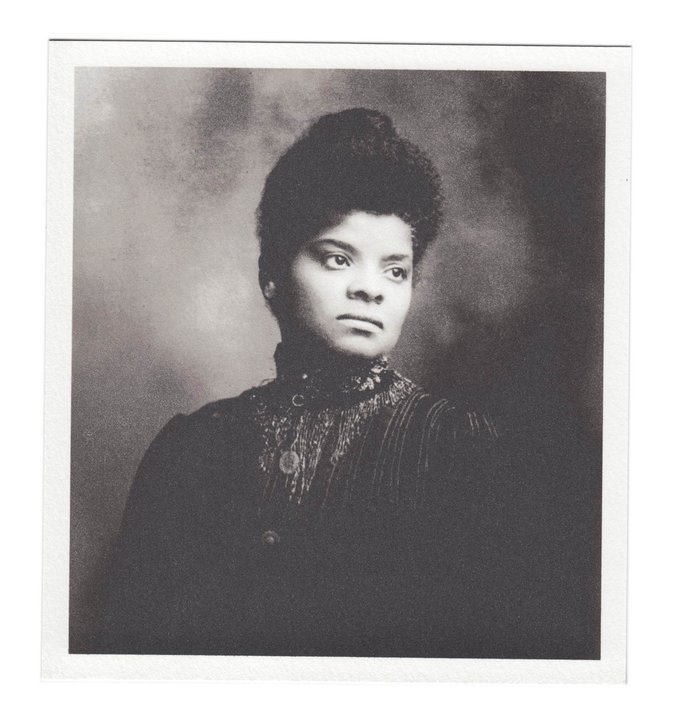Ida B Wells was born into slavery in 1862. When the Emancipation Proclamation freed her family, she became devoted to giving herself a prominent voice.
Tom Moss, Calvin McDowell, and Will Stewart, three black men, opened a grocery store. Due to drawing customers away from their white competitors, they were lynched. This event catalyzed Ida B. Wells’ advocacy, and she would spend two subsequent months risking her life in the deep south, trying to gather information about other incidents of lynching. In her research, she found that whites claimed that lynching was reserved for criminals. It was then that she realized that white people essentially considered black success a criminal offense.
During this era of her life, she co-owned a newspaper called Memphis Free Speech and Headlight. The trend of jealousy of black success becoming criminal reared its ugly head once again, as upon publishing her findings on lynching trends, her newspaper press was destroyed. Threats against Wells became so vile that she eventually moved from Memphis to Chicago.
Her activism did not end there. In 1893, her and notable civil rights activist, Frederick Douglass pioneered a boycott of the World’s Columbian Exposition, as it excluded people of color from attending. In addition, she composed pamphlets titled The Reason Why: The Colored American Is Not in the World’s Columbian Exposition, which highlighted white people’s bitterness to black success and exposed the southern motivation behind lynchings. She distributed 20,000 of these pamphlets at the event.
In addition to black activism, she offered her voice as a black feminist. However, due to her race, she was often ostracized from the women’s rights community. This did not deter her, as she established several women’s rights organizations, such as the National Association of Colored Women’s Club, which focused on both black civil rights, and women’s suffrage. In addition, Wells traveled internationally on feminist lecture tours.
Wells once said, “One had better die fighting against injustice than to die like a dog or a rat in a trap”.
This quote serves as what could be considered a paradigm for her life. Ida B. Wells is one of the most tenacious women in Black History, in a time where women of color were the most oppressed. She writhed her way out from under white society’s heel and became not only a voice for herself, but all African Americans.

